Dentist Near Me

- Quality of Care: Always find a dentist who has a reputation for providing quality care. Check for online reviews and testimonials from previous patients to get a sense of their experiences but be careful because many reviews are fake so have a wisdom and discernment.
- Expertise and Experience: How many years does your dentist practice? Choose a dentist who has the right credentials, training, and experience in the area of dentistry that you need. Consider their years of experience, any specialized training, and their track record of success.
- Range of Services: Choose a dentist who offers a wide range of services that meet your specific dental needs. Whether you require routine checkups, orthodontic care, cosmetic dentistry, or more advanced procedures, make sure your chosen dentist offers the services you require.
- Location and Accessibility: How easy to go in there? Choose a dentist who is located near your home or workplace for easy access. Consider factors such as parking, public transportation options, and office hours when choosing a location.
- Technology and Equipment: Does your dentist utilizes latest innovation in her practice? Look for a dentist who uses the latest technology and equipment to provide high-quality care. This includes things like digital x-rays, laser treatments, and other advanced technologies that can improve your experience and outcomes.
- Insurance and Payment Options: Does your dentist an HMO or PPO dentist? Choose a dentist who accepts your dental insurance or offers flexible payment options that fit your budget. Be sure to ask about their fees, billing policies, and any discounts or promotions they may offer.
- Patient Comfort and Support: Choose a dentist who prioritizes patient comfort and support. Look for things like a welcoming and relaxing office environment, friendly and helpful staff, and amenities like TV screens or music to help you relax during your visit.
- Emergency Services: Does your dentist readily available during emergency? Choose a dentist who offers emergency services for unexpected dental issues. Look for a dentist who has flexible hours, offers same-day appointments, or has an emergency hotline to ensure you can get help when you need it.
Dental Services
Dr. Silvestre is offering world-class dental services at affordable price!
Like in any other state, dental services in California cover a wide range of treatments and procedures that help maintain and improve the oral health of individuals. Here are some of the most common dental services offered in California:
-

Dentist Near Me Preventive Services: These include routine dental exams, cleanings, fluoride treatments, and X-rays to detect any early signs of dental problems.
- Restorative Services: These include fillings, crowns, bridges, and dentures to repair and restore damaged or missing teeth.
- Endodontic Services: These include root canal therapy to treat and save a badly infected or decayed tooth.
- Periodontal Services: These include scaling and root planing, gum surgery, and other treatments to manage and treat gum disease.
- Orthodontic Services: These include braces, Invisalign, and other orthodontic treatments to correct misaligned teeth or bite problems.
- Cosmetic Services: These include teeth whitening, veneers, and other treatments to improve the appearance of teeth.
- Oral Surgery: These include tooth extractions, dental implants, and other surgical procedures to remove damaged teeth or restore missing teeth.
- Pediatric Dental Services: These include preventive, restorative, and emergency dental care for children, as well as education on proper oral hygiene habits.
Overall, California offers a comprehensive range of dental services to address various dental needs, and it is important to consult with a licensed dentist to determine the best course of treatment for your specific needs.
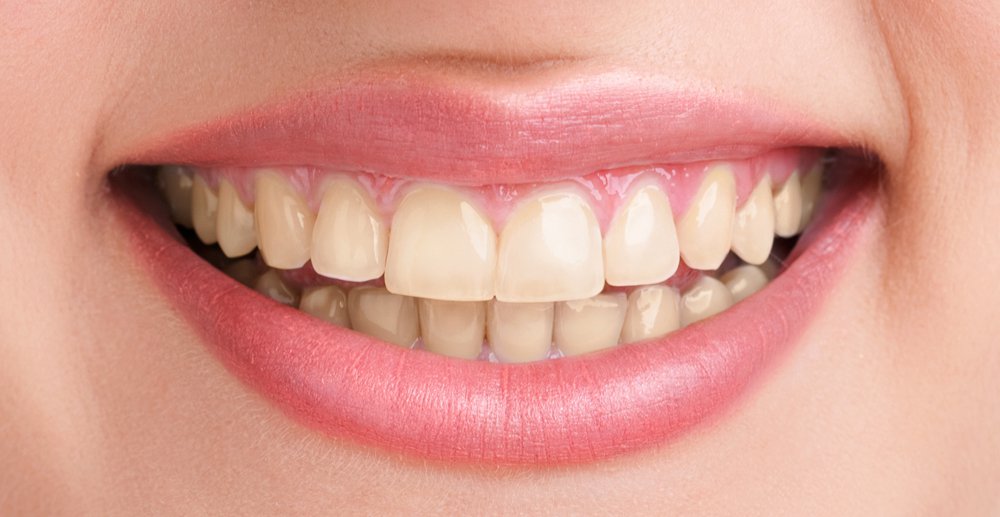
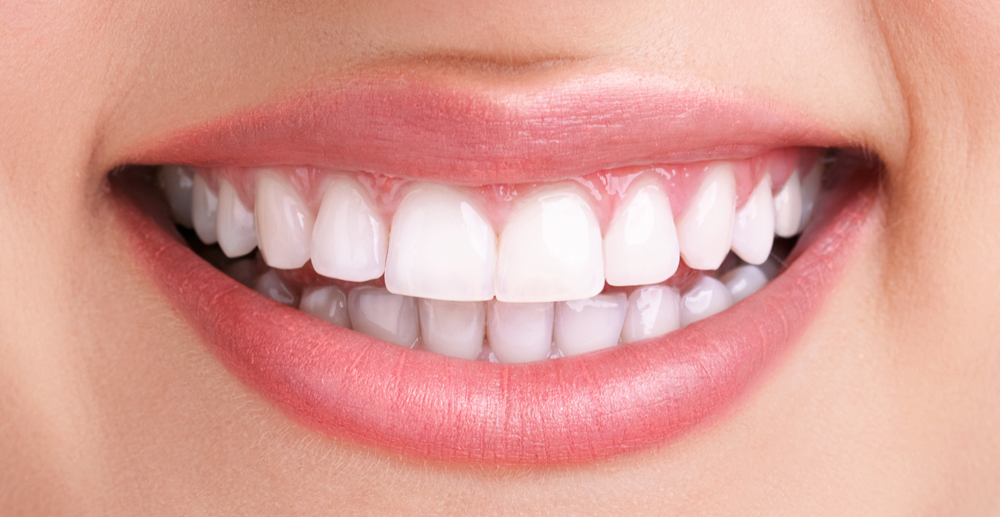
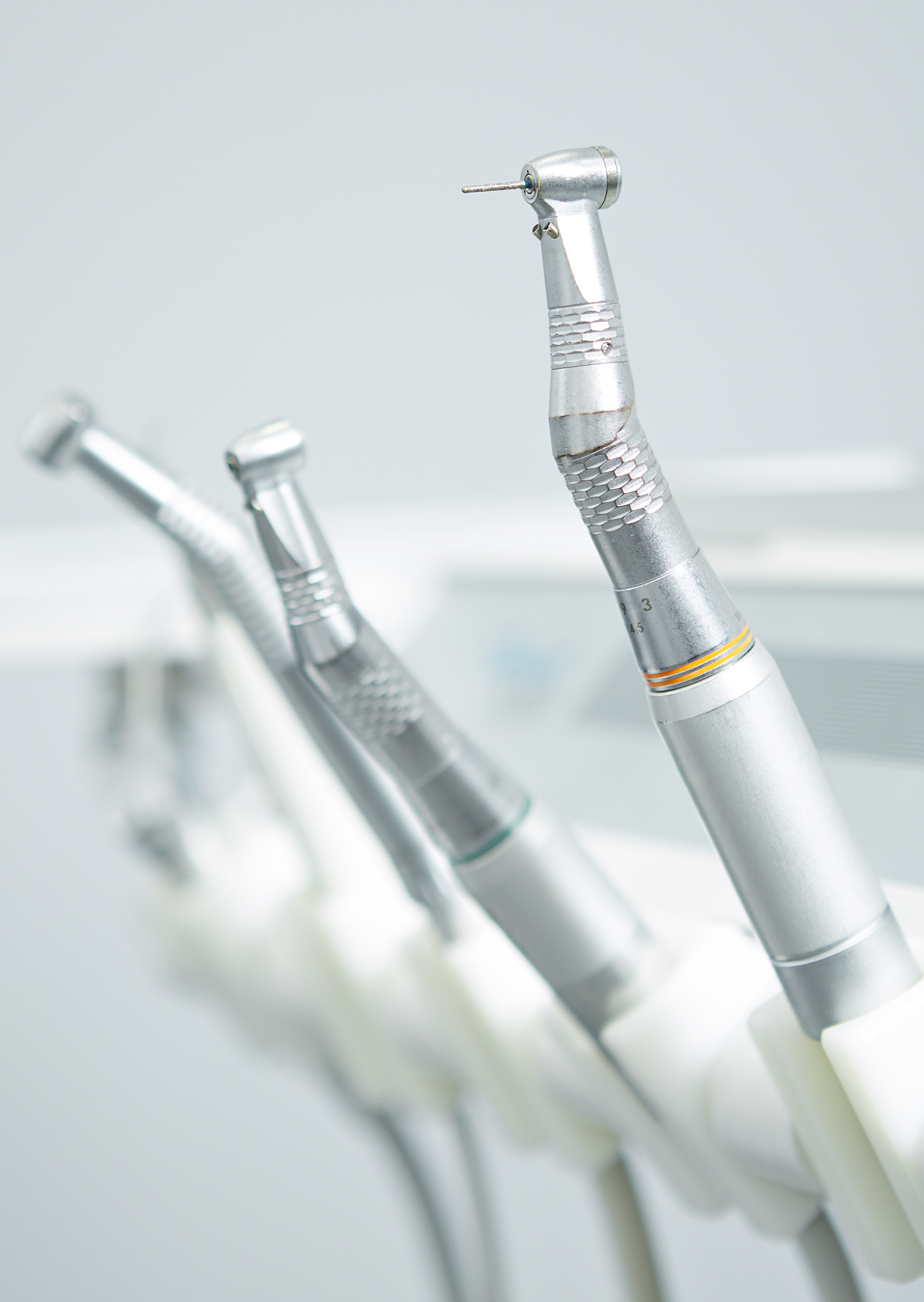
Dr. Silvestre is an Elite Dentist
The term “elite dentist” is subjective and not a professional designation. It may refer to a dentist who has achieved a high level of success, recognition, or reputation within their field of practice. An elite dentist may be recognized for their exceptional skills, advanced training, or use of cutting-edge technology to provide exceptional care to their patients. However, it’s important to note that the term “elite dentist” is not an official title and doesn’t guarantee the quality of care you’ll receive. It’s always important to do your research, read reviews, and evaluate a dentist’s qualifications and experience before choosing them as your oral healthcare provider.
Dr. Silvestre – Your DENTIST TIPS
Tips for kids:
-

dentist for kids Start early. The first dental visit should be within 6 months of the first tooth coming in. This will help your child get used to the dentist and make future visits less stressful.
- Be a role model. Kids learn by watching the adults in their lives. Make sure you brush and floss your teeth twice a day, and your child will be more likely to do the same.
- Use the right tools. Make sure your child has a toothbrush and toothpaste that are the right size for their age. You should also use a fluoride toothpaste, which can help prevent cavities.
- Brush and floss twice a day. This is the most important thing you can do to keep your child’s teeth healthy. Brush for two minutes, twice a day, and floss once a day.
- Limit sugary foods and drinks. Sugary foods and drinks can cause cavities. Limit your child’s intake of these foods and drinks, and make sure they drink plenty of water instead.
- Visit the dentist regularly. Kids should see the dentist twice a year for checkups and cleanings. This will help catch any problems early on and prevent them from getting worse. Read More
Tips to make your child feel comfortable at the dentist:
- Talk to your child about what to expect. Explain to your child what will happen at the dentist and what they can do to help.
- Take your child to a dentist who is experienced with kids. This will help your child feel more comfortable and relaxed.
- Stay calm and positive. Your child will pick up on your emotions, so it’s important to stay calm and positive during the visit.
- Let your child bring a favorite toy or blanket. This can help them feel more comfortable and secure.
- Reward your child for a good visit. This will help them associate the dentist with positive experiences.
Additional dental safety tips:
- Don’t share toothbrushes or utensils. This can spread germs that can cause cavities.
- Don’t put your child to bed with a bottle of sugary liquid. This can cause tooth decay.
- Wear a mouthguard when playing sports. This can protect your child’s teeth from injuries.
By following these tips, you can help your child keep their teeth healthy and strong for a lifetime.
- MMRV vaccine near me
- No Rubella German Measles Cases in New Jersey 2026
- Lyme Disease Cases in New Jersey
- Lipid Test Near Me
- Cardiovascular Disease in New Jersey due to High Cholesterol
- Stool Tests Near Me
- Best Diet for Children in New Jersey 2026
- Processed foods vs Ultra Processed foods effects on children
- Mumps Treatment near me
- Illnesses and Diseases During Winter Snowy Season
- US says goodbye to World Health Organization
- Nipah virus cases in New Jersey
- Child Diabetes Treatment Near Me
- Urine Test Near Me
- Blood Sugar Test Near Me
Tips for teens:
-

Dentist for Teenager Brush and floss twice a day. This is the most important thing you can do to keep your teeth healthy. Brush for two minutes, twice a day, and floss once a day.
- Use fluoride toothpaste. Fluoride helps to prevent cavities.
- See the dentist regularly. Teens should see the dentist twice a year for checkups and cleanings. This will help catch any problems early on and prevent them from getting worse.
- Avoid sugary foods and drinks. Sugary foods and drinks can cause cavities. Limit your intake of these foods and drinks, and make sure you drink plenty of water instead.
- Don’t smoke. Smoking can damage your teeth and gums.
- Wear a mouthguard when playing sports. This can protect your teeth from injuries.
- Talk to your dentist about braces or other orthodontic treatment. If you think you need braces, talk to your dentist about your options.
Additional tips for teens who are self-conscious about their teeth:
- Talk to your dentist about your concerns. Your dentist can help you develop a plan to improve your oral health and make you feel more confident about your smile.
- Consider whitening your teeth. Whitening can help to brighten your smile and make you feel more confident.
- Talk to your parents about getting braces. Braces can help to straighten your teeth and improve your smile.
By following these tips, you can help keep your teeth healthy and strong for a lifetime.
Additional tips that are specific to teens:
- Be aware of the changes that are happening to your teeth as you go through puberty. Your teeth may start to shift, and you may develop cavities more easily.
- Talk to your dentist about the best way to care for your teeth as you go through puberty. They can recommend specific products and techniques that will help you keep your teeth healthy.
- Don’t be afraid to ask questions about your teeth. Your dentist is there to help you, and they want to make sure that you have a healthy smile. Read More
I hope these tips help you keep your teeth healthy and strong!
Tips for Young Adults and Professionals:

Maintaining good oral health as a young adult sets the foundation for a healthy smile throughout life. Here are some key tips from dentists:
Brushing and Flossing:
- Brush twice daily for two minutes each time, using a soft-bristled toothbrush and fluoride toothpaste. Aim for a gentle, circular motion, reaching all tooth surfaces and the gum line.
- Floss once a day to remove plaque and food particles from between your teeth, where brushing can’t reach.
Diet and Lifestyle:
- Limit sugary and acidic foods and drinks, as they can contribute to tooth decay. Opt for water instead of sugary beverages like soda or juice.
- Choose healthy snacks like fruits, vegetables, cheese, or nuts.
- Don’t smoke or use tobacco products, as they can stain teeth, increase the risk of gum disease, and contribute to oral cancer.
- Moderate alcohol consumption, as excessive alcohol use can dry out your mouth and increase the risk of oral health problems.
Regular Dental Checkups:
- Schedule regular dental checkups and cleanings, typically every six months, even if you have no apparent concerns. This allows your dentist to detect and address any potential problems early on.
Additional Tips:
- Use a mouthguard if you participate in sports or activities that could result in mouth injuries.
- Consider using a tongue scraper to remove bacteria and improve bad breath.
- Replace your toothbrush every three to four months, or sooner if the bristles become frayed.
Remember: Consistent at-home care combined with regular professional checkups are essential for maintaining optimal oral health throughout your young adult years and beyond.
If you have further questions or concerns, don’t hesitate to call Dr. Silvestre.
Tips for people with disabilities:
-
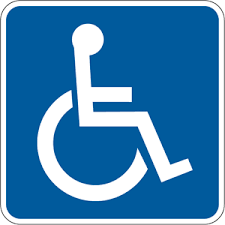
dentist tips for people with disabilities Find a dentist who is experienced in working with people with disabilities. This will help you feel more comfortable and relaxed during your visits.
- Talk to your dentist about your disability and how it might affect your dental care. They can make adjustments to your treatment plan to accommodate your needs.
- Bring a caregiver or family member with you to your appointments. This can help you communicate with your dentist and provide support if you need it.
- Let your dentist know if you have any sensory sensitivities. They can make adjustments to the environment or the way they deliver care to make you more comfortable.
- Use relaxation techniques before and during your appointments. This can help you manage anxiety and make the experience more enjoyable.
- Be patient with yourself and your dentist. It may take some time to find a routine that works for you.
Additional tips that are specific to certain disabilities:
- If you have a visual impairment, ask your dentist about using large-print materials or talking you through the procedures.
- If you have a hearing impairment, ask your dentist about using sign language interpreters or CART services.
- If you have mobility challenges, ask your dentist about making accommodations, such as providing a wheelchair-accessible chair or lowering the dental chair.
- If you have cognitive disabilities, ask your dentist about using simple language and clear instructions.
By following these tips, you can help ensure that you receive the best possible dental care, regardless of your disability. Read More
Resources that can help you find a dentist who is experienced in working with people with disabilities:
- The American Dental Association has a search tool that can help you find dentists in your area who are members of the ADA Commission on Disability.
- The National Oral Health Resource Center has a list of resources for people with disabilities, including a directory of dentists who are experienced in working with people with disabilities.
- The American Association of People with Disabilities has a list of resources for people with disabilities, including a directory of dentists who are experienced in working with people with disabilities.
I hope these tips help you keep your teeth healthy and strong!
Tips for seniors:
-

dentist for seniors Brush and floss twice a day. This is the most important thing you can do to keep your teeth healthy. Brush for two minutes, twice a day, and floss once a day.
- Use a soft-bristled toothbrush and fluoride toothpaste. A soft-bristled toothbrush will be gentle on your gums, and fluoride toothpaste helps prevent cavities.
- See the dentist regularly. Seniors should see the dentist twice a year for checkups and cleanings. This will help catch any problems early on and prevent them from getting worse.
- Avoid sugary foods and drinks. Sugary foods and drinks can cause cavities. Limit your intake of these foods and drinks, and make sure you drink plenty of water instead.
- Don’t smoke. Smoking can damage your teeth and gums.
- Wear a mouthguard when playing sports. This can protect your teeth from injuries.
- Take care of your dentures. If you wear dentures, be sure to clean them properly and have them checked by your dentist regularly.
Additional tips for seniors who are concerned about their oral health:
- Talk to your dentist about your concerns. Your dentist can help you develop a plan to improve your oral health and make you feel more confident about your smile.
- Consider whitening your teeth. Whitening can help to brighten your smile and make you feel more confident.
- Talk to your dentist about dental implants. Dental implants can help to replace missing teeth and improve your smile.
By following these tips, you can help keep your teeth healthy and strong for a lifetime.
Tips that are specific to seniors:
- As you age, your gums may recede, which can make your teeth more sensitive. Use a soft-bristled toothbrush and fluoride toothpaste to help prevent sensitivity.
- You may also have difficulty flossing as you age. Talk to your dentist about other options for cleaning between your teeth, such as using a water flosser or interdental brushes.
- If you have any concerns about your oral health, be sure to see your dentist regularly. They can help you identify and treat any problems early on.
I hope these tips help you keep your teeth healthy and strong!
Dr. Silvestre STERN WARNING : SAY NO TO SUGAR!
No matter what ages or category you belong your dentist Dr. Silvestre warns you – STAY AWAY FROM SUGAR! This tempting ingredient can wreak havoc on your teeth. While not the sole culprit, sugar plays a starring role in the drama known as tooth decay. Let’s delve into the science behind this not-so-sweet story.
Microscopic Mouth Munchers:
Your mouth is a teeming metropolis, bustling with microscopic life forms – bacteria! While some are beneficial, others, like Streptococcus mutans, are villainous sugar fiends. These bacteria form a sticky, translucent film on your teeth called plaque.
Sugar Rush, Acid Bath:
When you indulge in sugary treats, these bacterial residents throw a party. The sugar acts as their fuel, and as they feast, they release a nasty byproduct – acid. This acidic environment is the enemy of your teeth.
Enamel Under Siege:
The enamel, the hard outer shell of your teeth, acts as a shield. However, the acid produced by the sugar-fueled bacteria is relentless. Over time, it erodes the enamel, creating tiny openings called cavities. Left unchecked, these cavities can grow deeper, causing pain and eventually leading to tooth loss.
Sugary Drinks: A Double Threat:
Sugary drinks like sodas and juices pose a particular threat. Unlike sugary foods, which can be rinsed away with saliva, sugary drinks bathe your teeth for extended periods, giving the bacteria a prolonged sugar buffet and more time to produce destructive acid.
Brushing Away the Threat:
The good news is that you can combat this sugary assault. Brushing twice a day with fluoride toothpaste helps remove plaque and neutralize the acid produced by bacteria. Flossing daily reaches those hard-to-reach areas between teeth, further disrupting the bacterial party.
Diet Choices for a Healthy Smile:
Limiting sugary foods and drinks is a key step in protecting your teeth. Opt for water instead of sugary beverages, and choose healthy snacks like fruits and vegetables. Remember, moderation is key!
By understanding how sugar contributes to tooth decay and taking preventive measures, you can keep your smile bright and healthy for years to come. READ MORE
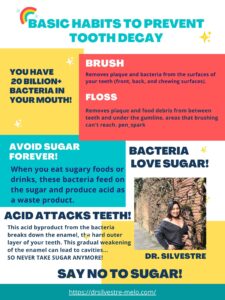
You can call our front desk at Tel #510-792-4525 Mon – Fri 9am – 8pm, or visit me at 5910 Thornton Ave. Ste. B Newark, CA 94560
CALL 510 792 4525
Hover Box Element
Click edit button to change this text. Lorem ipsum dolor sit amet, consectetur adipiscing elit. Ut elit tellus, luctus nec ullamcorper mattis, pulvinar dapibus leo.
